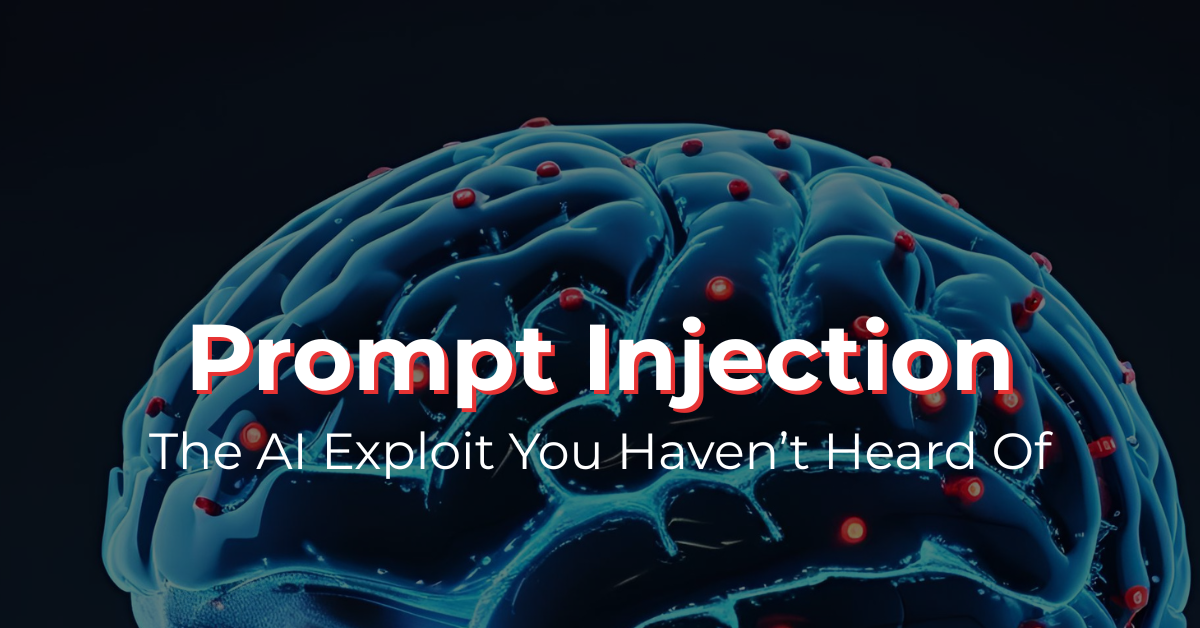When AI Becomes a Backdoor to Your Data

August 26, 2025

AI is boosting both productivity... and risk
Artificial Intelligence has moved from tech headlines to everyday workflows. Tools like ChatGPT, Google Gemini, and Microsoft Copilot are now part of how many companies create content, respond to customers, summarize meetings, and even write code.
For small and mid-sized businesses, AI can save time and money. But the same technology that speeds up your work can also open dangerous gaps in your security, especially if employees are using it without guidelines.
How Data Gets Exposed
The danger isn’t AI itself, it’s what people feed into it. When staff copy and paste sensitive information into public AI tools, that data may be stored, analyzed, or even used to train future models.
That’s not hypothetical. In 2023, Samsung engineers accidentally leaked internal source code into ChatGPT. The incident was so serious that the company banned public AI tools entirely.
Now imagine the same scenario in your office: a team member pastes client financials, medical details, or internal passwords into a chatbot for “quick help.” In seconds, private information could leave your secure environment.
The new AI exploit: Prompt injection
Cybercriminals are already taking AI risks to the next level. Prompt injection hides malicious instructions within everyday content: emails, PDFs, transcripts, even YouTube captions.
When your AI tool processes that content, it can be tricked into revealing sensitive data or executing harmful commands. The AI becomes the attacker’s inside man without you realizing it.
Why Small Businesses Are at Higher Risk
Many SMBs aren’t tracking AI use at all. Employees adopt tools on their own, assuming they’re as safe as a Google search.
Without training or a clear AI usage policy, your company may already be exposing confidential data without knowing it. Worse, these leaks can lead to compliance violations, ransomware, or reputational damage.
How to use AI safely in your business
You don’t have to ban AI. You do need to manage it. 4 steps to start now:
Create an AI Policy
Approve specific tools, define data that can never be shared, and name a point of contact for questions.
Educate Your Team
Train employees to recognize risks, including prompt injection, and understand what information is safe to use in AI.
Use Secure, Business-Grade Platforms
Choose tools like Microsoft Copilot, which offer enterprise-level privacy and compliance controls.
Monitor AI Activity
Track usage across devices and consider blocking unapproved AI platforms on company systems.
-
AI is here to stay. Companies that embrace it safely will have a competitive edge. Those that don’t risk turning powerful tools into open doors for hackers.
KairosIT helps businesses in Florida and California build smart AI strategies that protect sensitive data without slowing down productivity.
Let’s make sure your AI isn’t training hackers.
Book your free AI security check-up